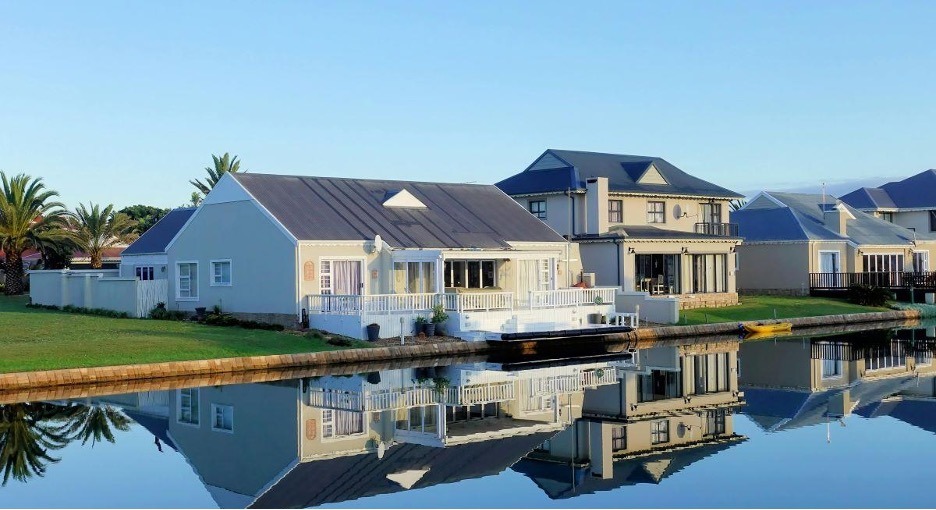Published by: Caribhomes
Jamaica’s real estate market offers exciting opportunities for international investors. The island’s stunning landscapes, booming tourism sector, and growing economy make it an attractive destination for real estate investment. However, for real estate investors in Jamaica, understanding and mitigating risks is essential to safeguarding your investment. Jamaica’s unique market, currency fluctuations, political environment, and exposure to natural disasters require careful planning. This article outlines key risk management strategies that international investors should consider before diving into Jamaican real estate.
Understanding Currency Exchange Risks in Jamaica
One of Jamaica’s most significant risks for international real estate investors is currency fluctuation. The Jamaican dollar can be volatile, directly impacting investment returns when converting funds from foreign currencies. For instance, profits earned in Jamaican dollars may lose value when converted back to a stronger currency like the US dollar, euro, or pound.

small changes in exchange rates can affect your bottom line. To mitigate these risks, investors should consider options like currency hedging or holding accounts in multiple currencies. Hedging tools like forward contracts lock in exchange rates and protect against fluctuations. Alternatively, a multi-currency account allows investors to hold funds in different currencies, enabling them to switch when the exchange rate is favorable.
It is important to monitor exchange rate trends closely and seek expert advice on foreign exchange risk management. Understanding Jamaica’s currency dynamics is also essential for long-term profitability.
Navigating Legal and Regulatory Risks in Jamaican Real Estate
Jamaica has specific property laws that international investors must navigate carefully. For instance, land ownership is allowed, but transactions must follow local legal standards and specific tax regulations. In contrast to other real estate markets, Jamaican property laws may seem complex for new investors, especially with language or bureaucratic barriers.
Hiring a qualified local attorney is essential to ensure all legal paperwork is in order. With this in mind, due diligence becomes critical. Investors must verify land titles, check for existing liens or disputes, and review zoning laws before purchasing. Skipping these steps can lead to unexpected legal troubles, contract issues, or property loss.
Another important aspect is understanding the tax implications. Jamaica levies property taxes, stamp duties, and other transaction-related fees that can significantly affect the total cost of the investment. Ensuring compliance with local tax laws is critical to risk management.
Overcoming Common Obstacles for International Investors in Jamaica

Jamaica offers lucrative real estate opportunities, international investors often face several challenges when entering the market. Navigating the local bureaucracy, understanding property regulations, and adapting to the cultural and business environment can be daunting. Moreover, relocating to Jamaica to oversee property management is a practical consideration for those seeking a hands-on approach.
For instance, moving from Hong Kong to Jamaica can give investors direct access to their properties and the local market, allowing for smoother operations and quicker responses to challenges. Relocating can also help investors establish stronger relationships with local professionals, such as real estate agents, lawyers, and contractors.
However, to make the transition from Hong Kong to Jamaica smoother, working with knowledgeable moving experts is necessary. Reputable international movers can assist in making the transition from Hong Kong seamless by handling the logistics and easing the burden of moving assets, household goods, and business operations across continents. That allows investors to focus on managing their real estate portfolio and maximizing returns in Jamaica’s growing market.
Political Stability and Its Impact on Jamaican Real Estate Investment
Jamaica’s political environment also shapes the real estate market. Of course, political stability can foster a favorable investment climate, but any signs of instability can disrupt market trends and investor confidence. Changes in government policies, such as taxes, property regulations, or foreign investment rules, can directly influence the profitability of real estate investments.
Investors should stay informed about Jamaica’s political landscape and its impact on their investments. For instance, significant policy changes regarding property ownership rights or foreign exchange regulations could affect investment returns.
Besides, it’s important to recognize that while Jamaica is generally politically stable, any economic or political turbulence in the broader Caribbean region could spill over, affecting local markets. Regularly monitoring government policies and engaging with local advisors can help you stay ahead of political risks.
Managing Environmental and Natural Disaster Risks in Jamaica
Jamaica’s location in the Caribbean exposes it to natural disasters like hurricanes, floods, and tropical storms. Investors cannot overlook this serious risk factor, especially when buying properties in coastal or high-risk areas. Another key point is that severe weather events can lead to significant property damage, loss of rental income, and higher insurance costs.
Investing in areas less prone to environmental risks is one way to reduce exposure. Also, properties in Jamaica should meet specific building standards designed to withstand hurricanes and other natural disasters. Ensuring that your property is well-maintained and structurally sound is critical.
In short, comprehensive insurance is non-negotiable. Real estate investors should secure policies covering property damage and rental income loss due to natural disasters. Flood and hurricane insurance are especially important in Jamaica’s coastal regions.
Diversifying Investments Across Jamaican Real Estate Markets

Diversification is a tried-and-true strategy for managing risk in any investment portfolio, and Jamaican real estate is no exception. Concentrating your investment on a single type of property—whether residential, commercial, or tourism-related—can expose you to higher levels of risk. Similarly, focusing solely on one geographic area can lead to market vulnerability.
When diversifying across different property types and locations, you spread your risk. For example, a tourism property in Montego Bay may perform differently than a residential property in Kingston. Also, investing in various sectors, such as vacation rentals, long-term residential leases, or commercial spaces, helps balance potential income fluctuations and market downturns. Hence, diversification offers a buffer against market volatility, allowing investors to reduce the overall risk to their portfolio.
Securing Proper Insurance Coverage for Properties in Jamaica
Insurance is important in risk management for international real estate investors in Jamaica. Property insurance is especially important in Jamaica, given the island’s susceptibility to natural disasters and other risks. As an illustration, consider the impact a hurricane could have on property value, rental income, and even market prices in affected areas.
Property owners should secure insurance policies that cover a wide range of risks, including damage, liability, and natural disasters. Title insurance, which protects against issues related to property ownership or legal claims, is also necessary.
In contrast, some insurance policies may be less comprehensive, leaving gaps in coverage. It is important to work with reputable, experienced insurance providers familiar with Jamaican real estate and its unique risk profile.
Essential Takeaways for Real Estate Investors in Jamaica
Jamaica’s real estate market offers significant opportunities for international investors. However, navigating the various risks—from currency fluctuations and legal complexities to environmental threats and political shifts—requires careful planning and preparation.
For real estate investors in Jamaica, understanding these risks and proactively implementing management strategies is key to success. With this in mind, diversifying your investments, securing proper insurance, and maintaining a close eye on the political and regulatory environment will help you minimize risk while maximizing returns.
Hence, the key to thriving in Jamaica’s real estate market lies in balancing risk and opportunity, ensuring that your investment strategies are both sound and sustainable in the long term.


